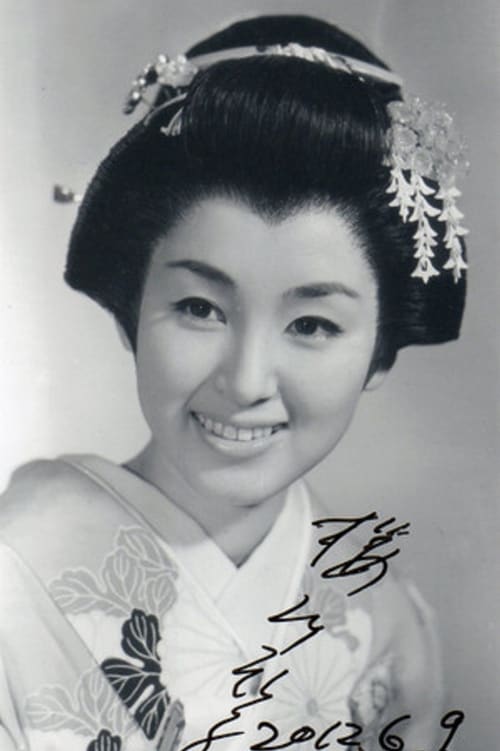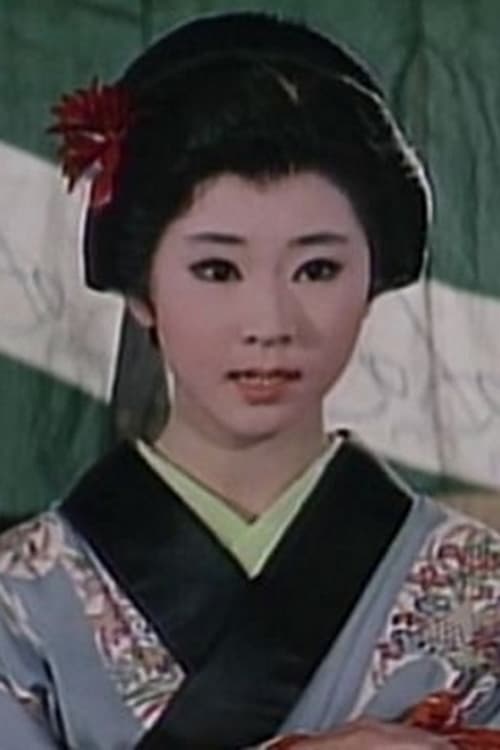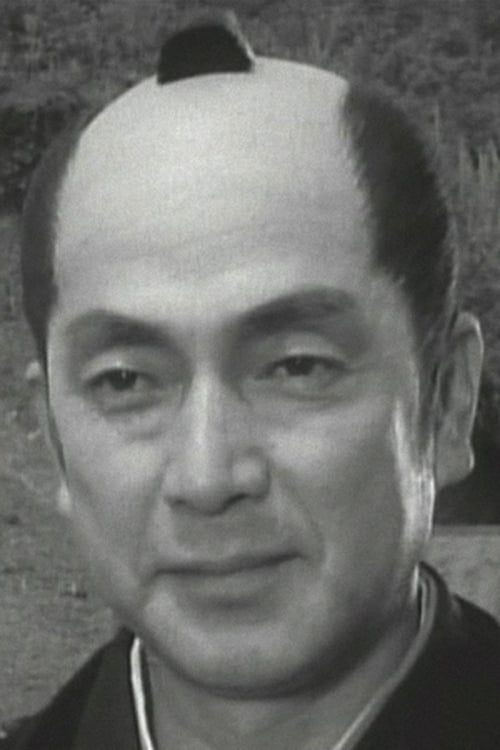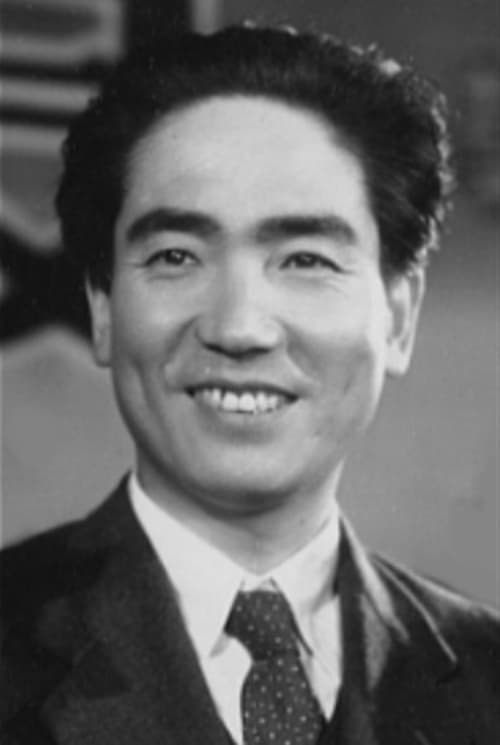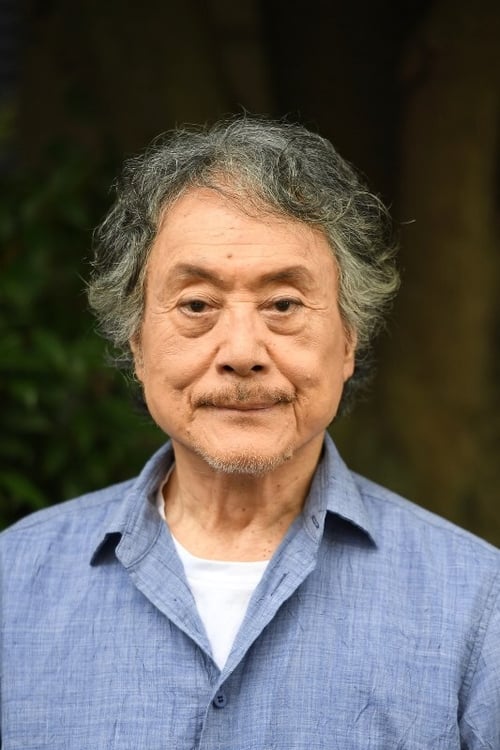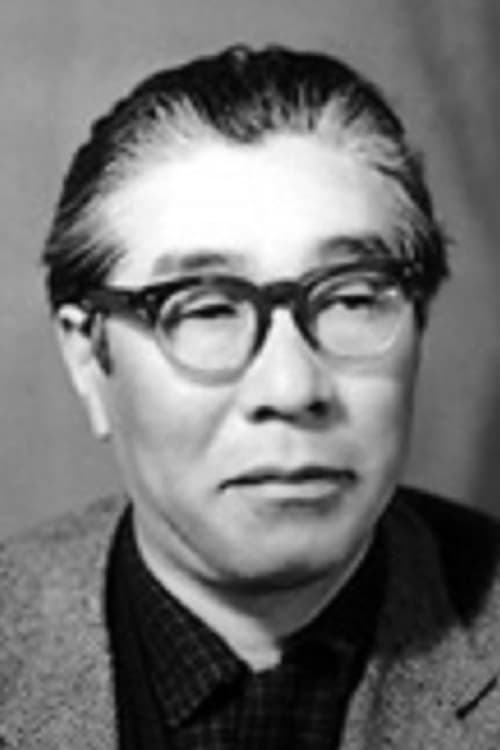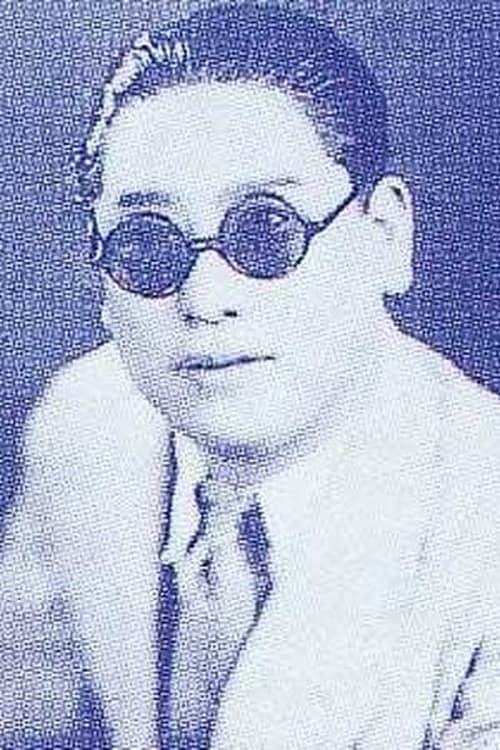Sword of Destiny (1960)
Gênero : Ação, Drama
Runtime : 1H 29M
Director : Yasushi Sasaki
Escritor : Masashige Narusawa
Sinopse
When master swordsman Mikogami Genshiro of the Ono fencing school returns to find that his ailing sensei has been murdered in the dead of night, he must find the culprit and exact revenge. His return sets off a series of violent incidents and incites a high ranked female skilled in sword to test his mettle after he unwittingly offends her. The ever delightful Misora Hibari co-stars with the great Tsuruta Koji in this exciting tale set in the earliest days of the Tokugawa shogunate. Lots of exciting swordfights highlight this entertaining motion picture!
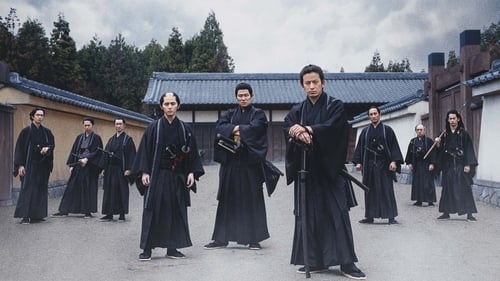
Set in the 19th century, "Moeyo Ken" follows the life of Toshizo Hijikata. He was the vice-commander of the Shinsengumi and fought against the Meiji Restoration.
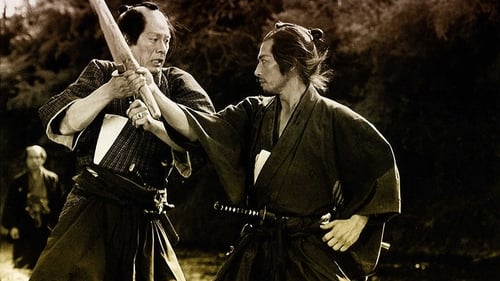
Seibei Iguchi é um samurai de 2º escalão que presta serviços ao clã Unasaka. Sua esposa morreu de tuberculose e suas duas filhas, Kayana e Ito, dependem dele para sobreviver. O divórcio de Tomoe, seu amor de infância, faz com que entre em confronto com seu ex-marido, um samurai de grande reputação. Após vencer o duelo empunhando apenas uma espada de madeira, Seibei ganha respeito e é convocado a eliminar um poderoso inimigo.
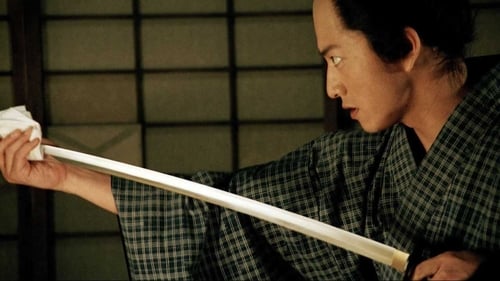
A look at the relationship between a young blind samurai and his wife, who will make a sacrifice in order to defend her husband's honor.

No Japão do século 19, um jovem samurai que se apaixona por uma garota de fazenda deixa sua casa para começar uma nova vida. Ele tem que fazer um balanço de sua nova vida quando é posto à prova e ordenado a matar um traidor que por acaso é seu amigo mais querido.
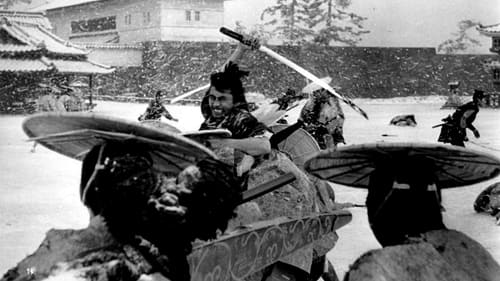
Japan, 1860. The men of the Mito clan, victims of the Ansei purge, anxiously prowl around the Sakurada Gate of Edo Castle with the intention of assassinating Naosuke Ii of Hikone, tairō of the Tokugawa shogunate and responsible for their misfortune.
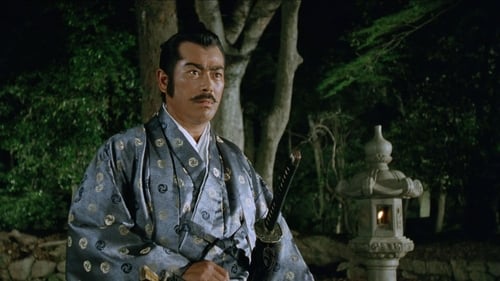
Iemitsu, Tokugawa Shogun III, hates his eldest son Takechiyo; all his love is given to his younger son Tokumatsu. One day, he orders Takechiyo to an initiation rite in Yedo. Takechiyo lives far away under the surveillance of Hotta Masamori, head of the Skura clan, where he was also raised. Hotta does suspect some kind of treachery, but he can not ignore the direct command of the Shogun. Therefore, he starts on his travel with Takechiyo and seven accompanying samurais. A large army under the command of Iba Shoemon, a vassal of the Shogun, attacks their night camp in the vicinity of a copper mine. Hotta dies in this first battle, but Takechiyo and the samurai manage to escape. They are chased by the army, and several skirmishes between the small force and the larger army follow.

A talented but troubled Edo Period swordsman, Kanemi Sanzaemon. Three years earlier, Kanemi killed a woman, Renko, the corrupt mistress of the powerful daimyo Tabu Ukyou. Unexpectedly, Kanemi received a lenient sentence for his crime and is allowed to return to his clan after only one year of imprisonment. Following his return, Kanemi is faced with the death of his wife, Mutsue. Thereafter, Kanemi lives with and cares for his wife's niece, Satoo, who has secret affections for Kanemi and expresses them by helping change his bleak outlook on life. Meanwhile, Kanemi's develops his unique "bird-catching" sword technique which he will soon put to test in battle for the first time against the fearsome swordsman, Hayatonosho Obiya.
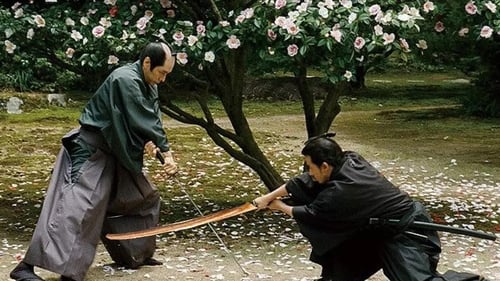
During the Edo period, a gifted swordsman was exiled from his clan when he questioned the misconduct of his leader. Years after, his dying wife wish was for him to go back to his clan.

The tragic story of Gonza, a handsome ladies man, set in the Tokagawa Period, a time in which appearences are very important. Gonza competes with Bannojo for the honor to perform the tea ceremony to celebrate the birth of an heir to the lord of their clan. To see the sacred tea scrolls Gonza promises to marry the daughter of the family which possesses them, even though he is unofficially engaged to another. When studying the scrolls with Osai, the mother of the house, Bannajo sneaks into the house and steals their obis and runs through the town proclaiming the two as adulterers.

A era dos Samurais e Ninjas no Japão. Rikka Isurugi nasceu e foi criada em um clã ninja isolado da sociedade. Ela logo conhece Miya, uma garota com um poder misterioso, que deseja pedir a ajuda do clã para vingar a morte de seu pai pelas mãos do grupo de mercenários conhecido como Negoro-shu.
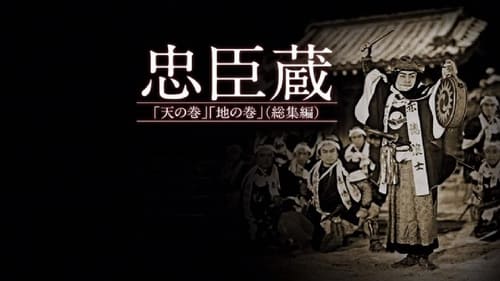
The vassals of the Asano clan, who surrendered the castle & became wanderers, deceive the enemy and the public, wait for an opportunity to avenge their master and his family.
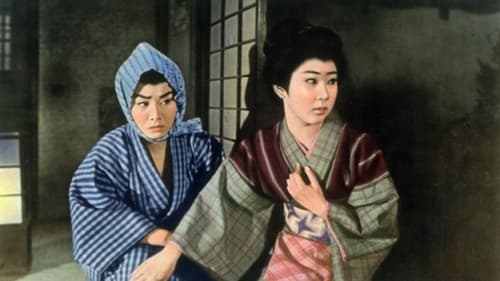
Orphaned Kiku was raised at a Buddhist temple and learned theatrical arts and martial arts as a child, which were used to put on stage productions to raise money for the temple, but also to display young lads who were essentially for sale to the highest bidder. When Kiku gets fed up with how the temple uses the orphans and wants to leave he gets accused of a double murder and has to flee for his life and liberty.
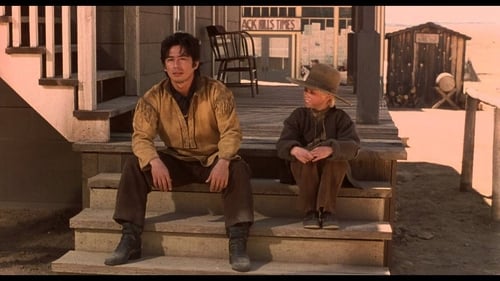
A disgraced warrior planning the murder of a Japanese diplomat, and a ninja in the employ of a navy official are about to land in San Francisco when a band of thieves steal the money the diplomats are carrying. The two set off on a chase across the American west to catch the robbers.
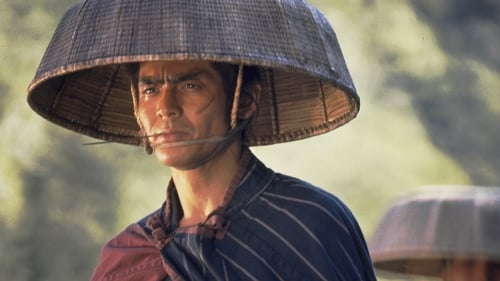
Kogarashi Monjiro is a lone samurai who agrees to take responsibility for a murder that his friend committed so that he can stay with his dying mother, with the expectation that his friend will confess and get him pardoned once she dies. Monjiro is sentenced to an island for prisoners. When he discovers that his friend's mother has died over a year ago, Monjiro seeks to escape with a group of prisoners in order to get his revenge.
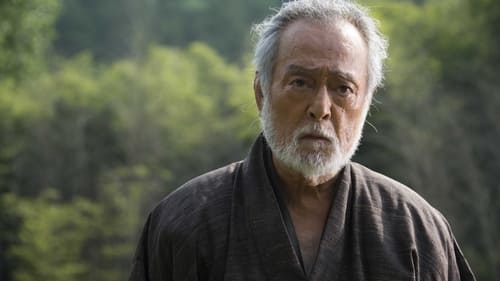
Nakadai Tatsuya, Japan’s greatest living actor, gives the performance of a lifetime as Shoji Sanosuke, and elderly samurai forced to pick up his sword to protect those he loves in this adaptation of a Fujisawa Shuhei novel. As a ”Heya-zumi” (essentially a freeloader living off his family) Sanosuke has one last chance to help his grandniece escape from the cruel samurai of an arranged marriage. Nakadai proves he ”still has it,” when fate forces him into a deadly duel. This award winning samurai drama from the pen of noted author Fujisawa Shuhei is a tribute to one of the greatest actors to ever grace the silver screen!
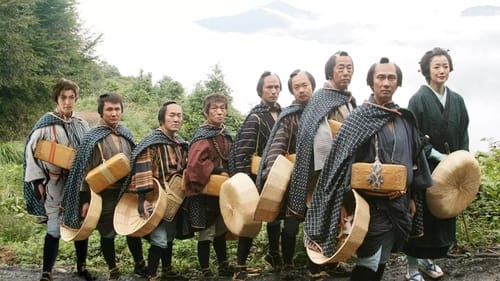
Jirocho (Kiichi Nakai), a fledgling bakuto who left his wife, goes on a year-long training with his minions: right-hand man and military master Ohmasa (Kishibe Ittoku); stinky priest Daigoro (Takashi Sasano); well-known stranger Ishimatsu Mori (Yoichi Nukumizu); beautiful Masagoro Oiwake (Kazuki Kitamura); and others. As Jirocho's fame spreads, he gains more enemies. Among them are Katsuzo Kurokoma (Koichi Sato), who is one of the most powerful in Koshu, and the villain who is also Ishimatsu's nemesis, Masaru Mima (Riki Takeuchi). A traitor also emerges from the family, Yoshikazu Ebisu (Yoshikazu Ebisu). Meanwhile, Jirocho's wife falls ill and other terrible situations occur. Jirocho falls into a pinch of absolute despair. What on earth will he do? What is the fate of his minions? The Jirocho family will face a fierce battle...

Kitagawa Utamaro is a famous ukiyo-e artist known for his paintings of beautiful women. The courtesan who became his model became even more popular. Ocho, a resident of an apartment building, hears about this and secretly plans to follow Otose, the owner of Mizuta-ya, who became famous as Utamaro's model. At this time, the Kano school, headed by Kano Eikawa, which was under the control of the shogunate, is dissatisfied with Utamaro's fame and tries to compromise him…
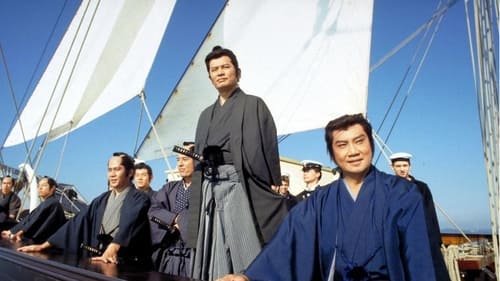
After the fall of the Tokugawa Shogunate, there was a series of battles fought while the former supporters of the Tokugawa shogunate retreated to the north where they actually started a sovereign nation that was recognized by more than one European country. Survivors of the Shinsengumi were among the followers of Enomoto Takeaki who took them to the northernmost island of Ezo where they fought their final battle at the star shaped fort, Goryokaku. The Japanese Civil Wars fought in the name of the emperor signaled the complete end of the feudal system and Japan’s entry into the modern world as those brave samurai tried to halt progress and learned that the age of modern warfare and weaponry had passed them by. Swords were no match for rifles and cannons, nor was any man a match for the power of the imperial flag. Japanese loyalty to the emperor has long defined the nation and culture despite the changing times.
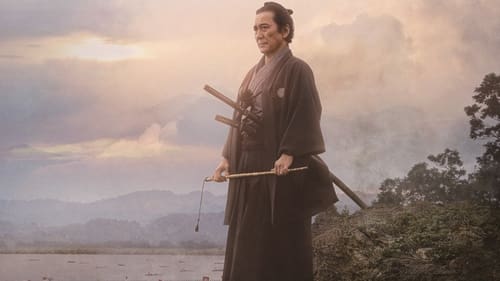
The last year of Ryotaro Shiba's life, as he tried to achieve peace and independence without joining the armies of East and West.

During the latter part of the 16th Century, Japan's Warring States era was coming to a close. After crushing almost all of his enemies, Date Masamune aka the "Hawk of the North" sets his eyes on Hatakeyama's lands. The young warlord is about to face his greatest challenge.


